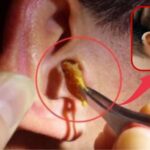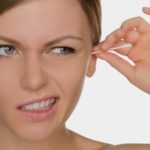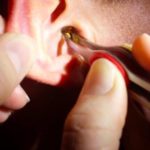It is a common habit for many people to use cotton swabs or other objects to pick their ears, believing that it is a more hygienic practice and even finding satisfaction in removing earwax. However, Dr. Hoang Hien, a specialist in Respiratory and Critical Care Medicine, recently posted on his personal fan page, warning against these actions, which can cause serious harm to the ears, and pleading: “Stop bothering your ears!”
Dr. Hien, from China, explains that earwax is not actually dirt but a natural substance produced by glands in the ear canal. Earwax has adhesive properties, can fight bacteria, and acts as a barrier to block dust and bacteria from entering the ear, playing a crucial protective role. Additionally, earwax will naturally move out of the ear over time and does not need to be manually removed. He emphasizes: “The ear has a self-cleaning mechanism.”
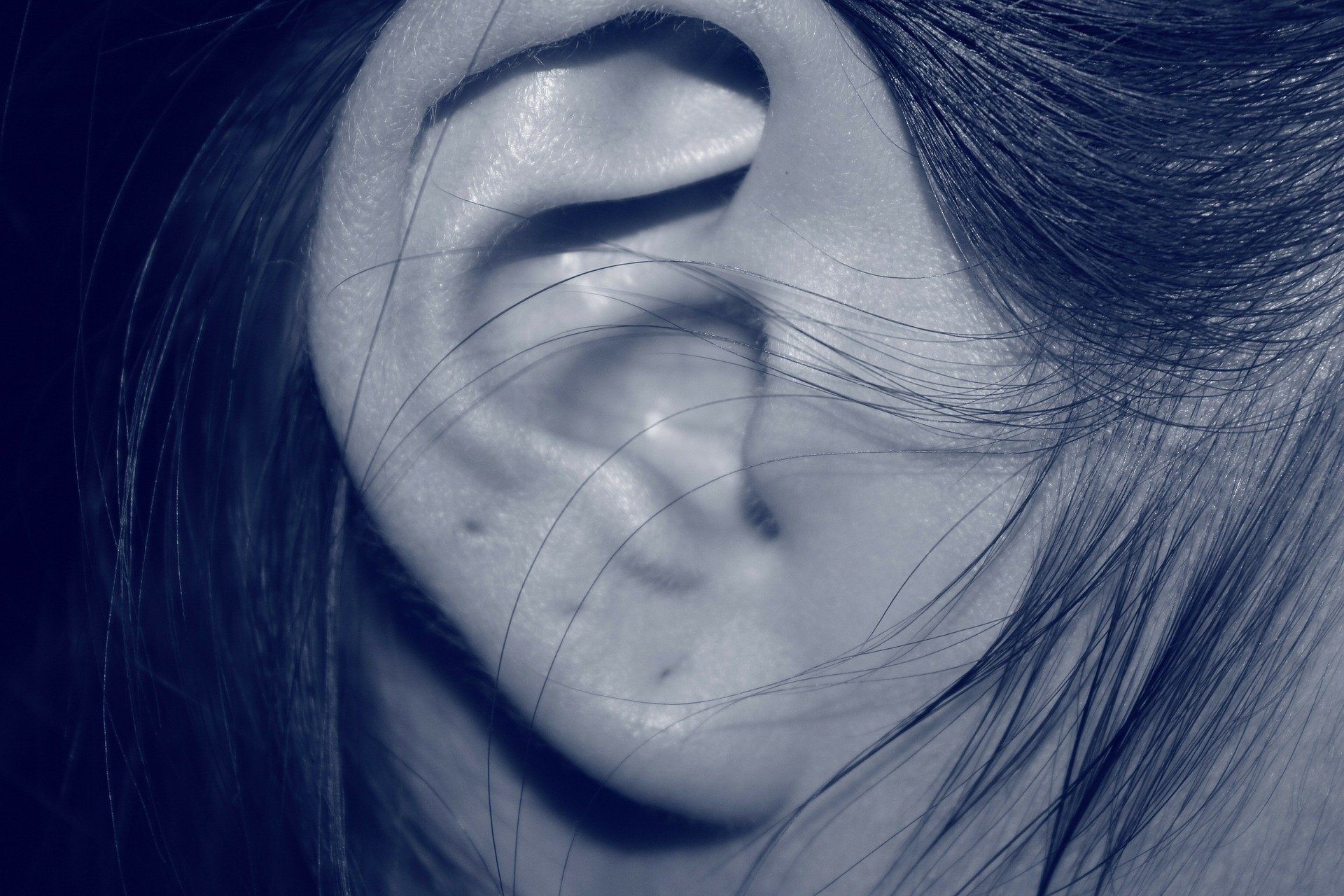
Regarding the potential risks of ear-picking, Dr. Hien issues three warnings:
Pushes earwax deeper: Using cotton swabs or other tools can push earwax further into the ear canal, causing blockages that lead to feelings of fullness, pain, and even dizziness.
Risk of ear infection: Inserting unsterilized tools or using fingers to pick the ears can introduce bacteria and cause ear infections, resulting in symptoms such as redness, pain, and unusual discharge.
Perforated eardrum: This is the most serious risk. As the eardrum is very delicate, using sharp objects or applying excessive force can rupture it, leading to hearing loss and requiring months for recovery. Dr. Hien emphasizes: “All of these cases are real and not exaggerated.”
For the common issue of itchy ears, the doctor also suggests three safe methods:
Use specialized ear drops, applying a few drops into the ear canal and gently massaging the area behind the ear to soften and loosen the earwax, allowing it to fall out on its own.
Avoid using cotton swabs to push deep into the ear canal; instead, use a damp cloth to gently clean the outer ear and the opening of the ear canal.
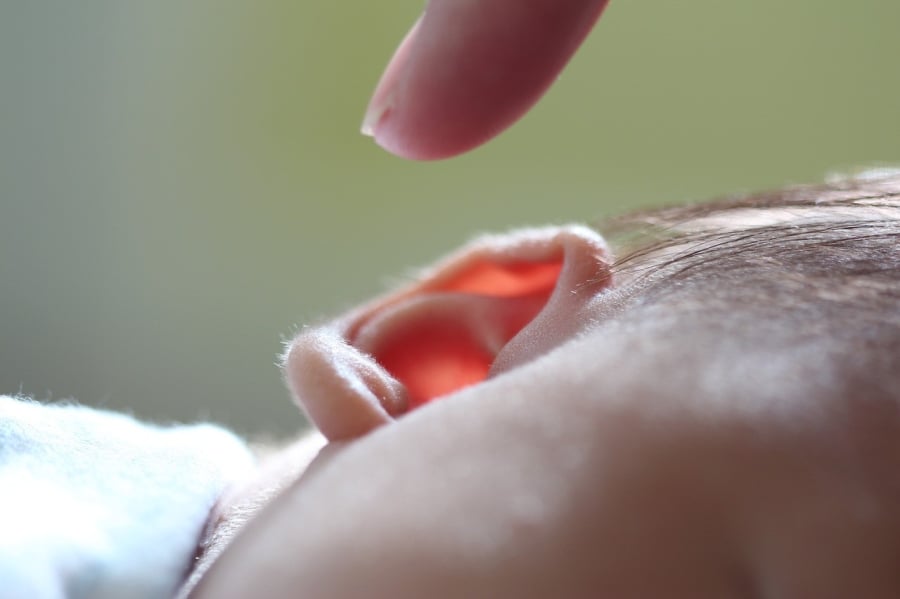
If you experience severe ear blockage or pain, seek immediate medical attention from an ear, nose, and throat doctor to avoid complications from self-treatment.
Dr. Hien emphasizes: “The ear canal is a warm and moist environment, making it susceptible to bacterial invasion if damaged. Therefore, proper hygiene and awareness are of utmost importance.”
In conclusion, the doctor appeals: “Our ears are the organs that help us perceive the world. Earwax is the unsung hero that protects them. Do not destroy this natural defense mechanism for temporary satisfaction, causing long-term damage to your precious ears.”
He also stresses that unless there are clear discomforts, there is no need to intervene and remove earwax. Respecting the ear’s natural mechanisms is the key to preserving hearing and long-term health.
The Do’s and Don’ts of Cotton Swabs
Introducing the ultimate guide to using cotton swabs safely and effectively. We will take you beyond the basics, offering insights into the do’s and don’ts of ear care. Discover the hidden pitfalls and secrets to maintaining healthy ears. From frequency of use to considerations during inflammation, we unveil the mysteries of ear hygiene, ensuring you stay informed and empowered. Prepare to embark on a journey that transforms you into a master of swabbing, armed with knowledge that ensures your ears receive the care and attention they deserve.
























